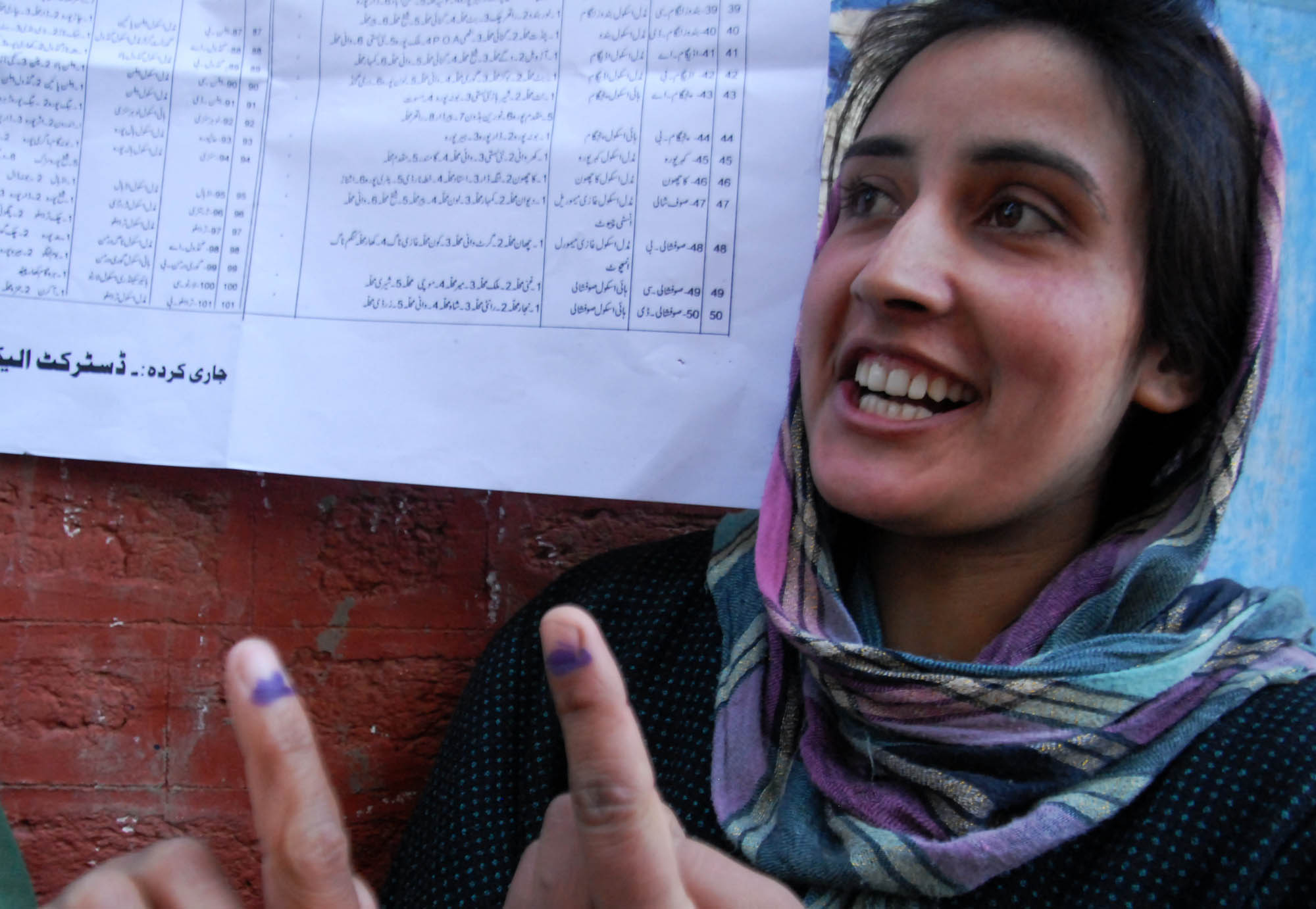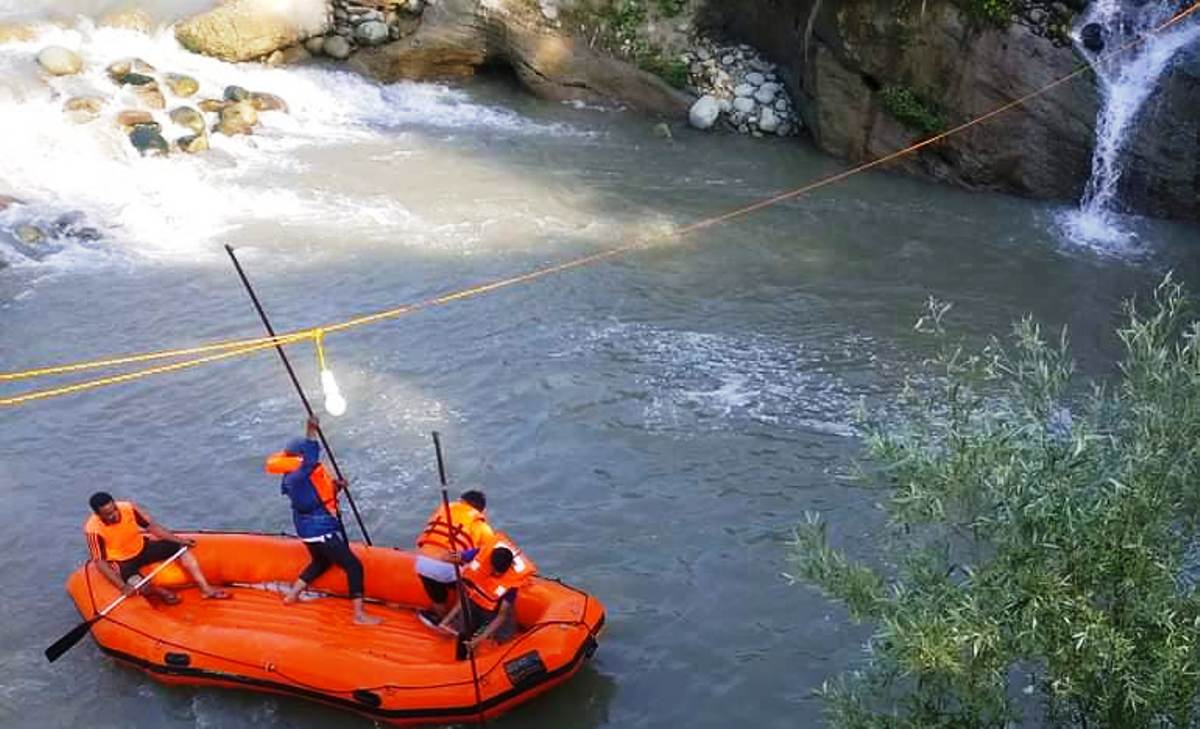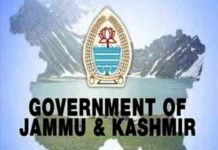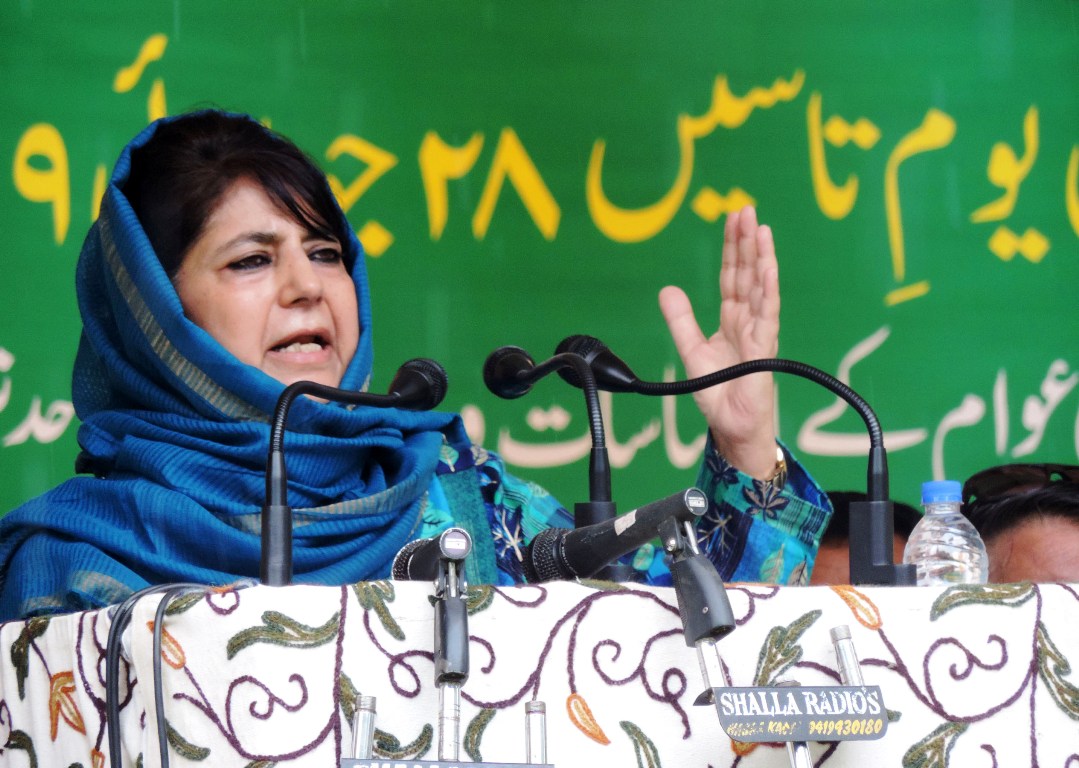Srinagar
The experts at the seminar on the “Universal Declaration on Human Rights Day” at District Court Complex in Srinagar on Saturday said that India is not signatory of the Roman Statute for it is involved in “war crimes” in Kashmir.
The seminar was organized by Jammu and Kashmir Bar Association at District Court Complex, Moominabad Batamaloo, Srinagar.

Prominent academicians, Human Rights Activists, Professors and Lawyers participated in the seminar while Vice President Bar Association, Mushtaq Ahmad Dar presided over the seminar.
The speakers deliberated upon the issues related to “freedom struggle” and the human rights violations “perpetuated by the occupation authorities” in Jammu and Kashmir, especially, the plight of prisoners lodged in different jails, inside and outside J&K.
“The plight of the prisoners was described as seriously alarming as the jail authorities subject the prisoners to inhuman treatment inside the jails,” a statement of the Bar said.
The speakers highlighted the “murderous assaults” perpetuated by the jail authorities in Tihar Jail, where 13 Kashmiri prisoners have been subjected to “inhuman torture”, the statement said.
Noted Lawyer Nasir Qadiri, speaking on the occasion, noted that India has neither signed nor ratified the “Rome Statute” on the International Criminal Court (ICC). “The reason is that Rome Statute on the International Criminal Court (ICC) defines war crimes including the ‘armed conflict not of an international character.”
“Indian government knows that it is involved in heinous crimes in Kashmir, that is why India did not sign the Rome Statute,” Qadiri added.
He said, “GoI is accused of massacring thousands of civilians in Kashmir. Then there is Kunan mass rape… there are unknown mass graves and there is ethnic cleansing of Muslims in Jammu.”
In light of the deliberations, suggestions and opinions in the seminar following resolutions were passed unanimously;
“1. The Kashmir issue is an international issue, which deserves to be resolved in accordance with the United Nations Security Council Resolutions 13.08.1948 and 05.01.1949 by conducting free, fair and impartial plebiscite. Or in the alternative, the Kashmir issue be resolved on the basis of Internationally recognized and governable principle of people’s right to self-determination for granting independent status to the State of J&K on both sides of the ceasefire line.
- The freedom struggle in State of J&K is a people’s movement, deeply rooted in the hearts and minds of the people of the J&K. Neither the paucity of time in resolving the Kashmir dispute nor State repression can beat the will of the people or subjugate the freedom sentiment. Therefore, the Indian Govt. and the occupational authorities must desist from perpetuating the reign of terror in the State of J&K and find a peaceful and political means to resolve the Kashmir issue.
- The Human Rights situation in J&K is grave and deplorable in all respects, as the Indian authorities have suppressed the basic human rights, the constitutional, legal and democratic rights of the people of J&K. the hallmarks of the Human Rights Violations are extra judicial killings, fake encounters, destruction of civilian property in the name of combatting militancy, random arrests, custodial tortures, custodian killings and depriving the people from fundamental rights and freedom of expression.
- The murderous assaults on Kashmiri prisoners in jails outside and inside the State, especially in Tihar Jail was condemned, where more than a dozen of Kashmiri prisoners were tortured and subjected to ill treatment, in consequence of which the number of detainees have received grave injury and no medical facility and treatment is given to them. it was unanimously resolved that these Kashmiri prisoners lodged outside the State of J&K be shifted to the jails within the State of J&K.
In the seminar, the members of the Bar Association reiterated their solidarity with the prisoners who are detained in various jails on account of their involvement in freedom struggle, especially with Masarat Alam, Mohammad Qasim Fuktoo, Asiya Andrabi, Fehmeeda Sofi and others and offered their services for the safe release of the political prisoners.
At the end of the seminar, an appeal was made to the International Community and the United Nations Organisation to intervene in resolving the Kashmir dispute in accordance with the wishes and aspirations of the people of J&K and impress upon the Govt. of India to desist from perpetuating the reign of terror, committing of human rights violations and call upon the Govt. of India to respect the basic and democratic rights of the people of J&K as the occupation authorities are under international obligation to provide and respect basic human rights of the occupied territories.”















